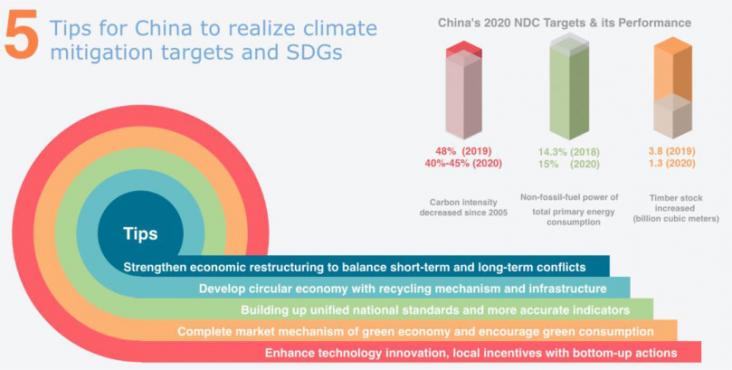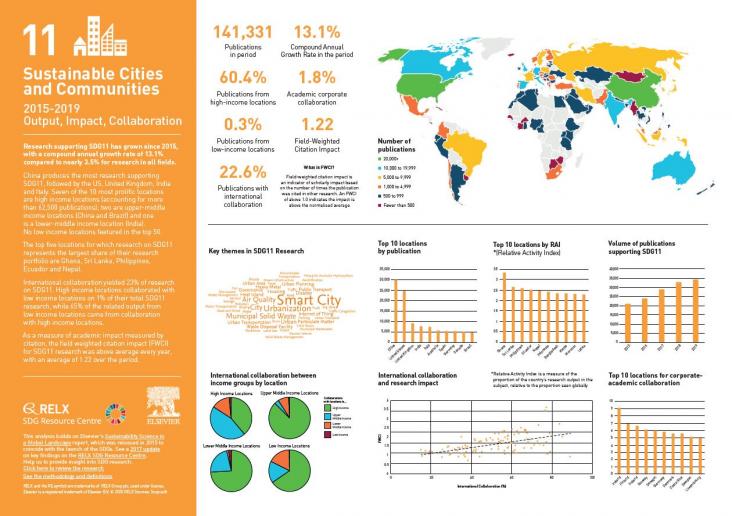This book chapter advances SDGs 15 and 11 by reviewing the anthropogenic activities worldwide that have caused ecological degradation resulting in the need to mitigate damage to essential ecosystem services in rural and urban areas.

Urbanisation is increasing in many countries, leading to the establishment of 33 megacities, representing huge water demand which is increasingly difficult to supply, exemplified by the recently av
This chapter addresses SDG 10 and SDG 11 by examining social vulnerability and inequality globally and how that impacts the response to disasters.

Each year, the Food and Agriculture Organization of the United Nations (FAO) celebrates World Food Day on October 16th to commemorate is founding in 1945. World Food Day 2020 is calling for global solidarity to help all populations to recover from the crisis, and to make food systems more resilient and robust so they can withstand increasing volatility and climate shocks, deliver affordable and sustainable healthy diets for all, and decent livelihoods for food system workers. In support of this years theme - 'Grow, Nourish, Sustain. Together' - Elsevier presents a curated, open access collection of 40 journal articles and book chapters focussed on increasing food security and sustainability.
This book chapter advances SDGs 13 and 11 by describing a range of adaptation frameworks, including those provided by Federal Highways Administration (FHWA) and the International Road Federation (PIARC), as these provide good case study applications in the real world.
This book chapter advances SDGs 9, 11, and 13 by providing a general introduction to climate change adaptation for transportation systems and a set of guiding principles for the planning and implementation of adaptation programs.
Climate change requires joint actions between government and local actors. Understanding the perception of people and communities is critical for designing climate change adaptation strategies.

This paper summarized China's integrated actions (2015 onwards) that benefit both climate change mitigation and Sustainable Development Goals (SDGs).

By mapping the state of research within each SDG area, this report acknowledges the pivotal role research plays in tackling some of the world’s greatest challenges. It aims to better understand the research community’s global sustainable development efforts and assesses the progress made, as well as unmet research needs.

Over the past five years, we have used data and analytics to help the research and healthcare communities navigate the sea of research and to put collaboration, both interdisciplinary and international, at the heart of scientific progress on the SDGs. View findings for SDG 11.
